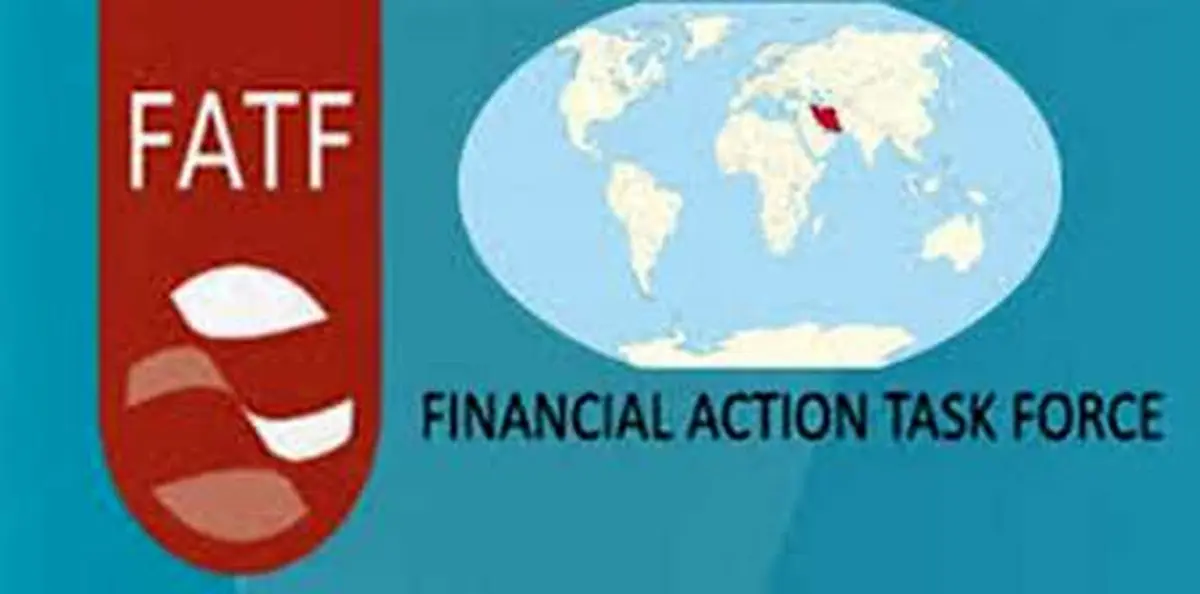Iran urged to meet FATF’s Jan. 2018 deadline

The Financial Action Task Force has updated its document on engagement with Iran and urged the country to fulfill its commitments by its deadline of Jan. 31, 2018, and has also renewed its recommendation to other nations in dealing with Iran.
On Friday, FATF President Santiago Otamendi and GAFILAT President Eugenio Curia, both from Argentina, chaired the first plenary meeting of FATF in Buenos Aires. As it was a joint meeting with GAFILAT, which is the FATF of Latin America, all members of both organizations, including the 16 countries from South America, Central America and North America, were able to attend.
In the meeting, Iran’s status was updated and FATF announced that as its Action Plan for Iran expires by the end of January 2018, the organization “urges Iran to proceed swiftly in the reform path to ensure full and accurate implementation of the Action Plan, addressing all remaining AML/CFT deficiencies “.
It was also announced that FATF will assess progress made by Iran and take all appropriate action at its meeting in February 2018.
Until Iran implements the measures required to address the deficiencies identified in the Action Plan, the organization “will remain concerned with the terrorist financing risk emanating from Iran and the threat this poses to the international financial system”.
Therefore it has renewed its call on its members to urge all jurisdictions to continue to advise their financial institutions to apply “enhanced due diligence” to business relationships and transactions with natural and legal persons from Iran.
In June 2016, the intergovernmental organization in charge of devising internationally accepted regulations and standards on anti-money laundering and combating financing of terrorism welcomed Iran’s high-level political commitment to addressing its deficiencies and called for a one-year suspension of active countermeasures.
As Iran sought technical assistance in the implementation of the organization’s Action Plan in the year after and “in light of Iran’s demonstration of its political commitment and the relevant steps it took”, FATF decided in June 2017 to continue the suspension of countermeasures.
However, even though the organization continued the suspension of active countermeasures against Iran, it did not altogether remove the country from its blacklist of violating countries as many Iranian officials had said they expected.
This means that by the end of the first month of next year, Iran’s AML/CFT efforts will help its removal from the FATF blacklist, which could prove hugely improve its future economic prospects.
END
